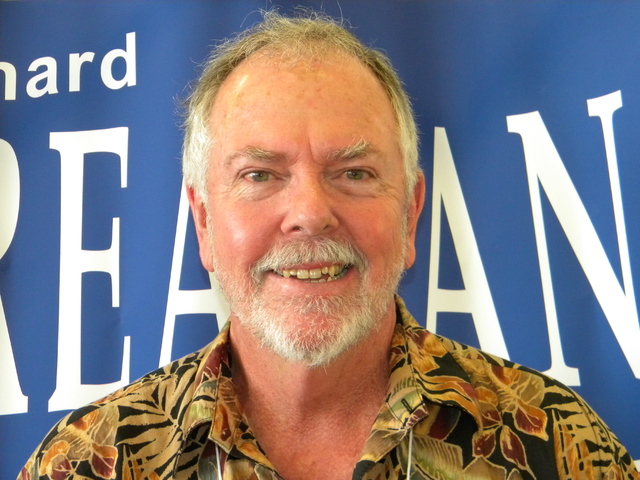It doesn’t take a $1.5 billion Powerball to whet an appetite for gambling, and residents and officials have long pondered whether that impulse should be allowed any rein in Hawaii. ADVERTISING It doesn’t take a $1.5 billion Powerball to whet
It doesn’t take a $1.5 billion Powerball to whet an appetite for gambling, and residents and officials have long pondered whether that impulse should be allowed any rein in Hawaii.
Through the decades, there has been a fairly steady parade of failed attempts to legalize gambling in some form in the Aloha State. Proponents pointed to the social programs casinos or lotteries could support. But a powerful anti-gambling lobby has successfully made the case that the people most likely to play are those who can least afford the inevitable loss, said North Hawaii Sen. Lorriane Inouye.
Hawaii — often ranked alongside Utah for having the strictest anti-gambling laws — might never be ready for a lottery. Then again, it might. Right now, it’s one of six states that doesn’t allow it.
West Hawaii lawmakers polled this week generally seem to support the idea of a lottery here — with certain conditions to minimize societal damage and maximize the social benefit of gambling profits.
Inouye said a lottery could be a good thing, and something residents would be happy with, if a significant portion of the proceeds were dedicated to education or a struggling health care system.
Kohala Rep. Cindy Evans floated a bill last year to pave the way for slot machines at airports for departing passengers, with that revenue going into an airports fund. That bill failed to gain much traction but carried into the 2016 session. Evans could not be reached Wednesday to say whether she would push for the legislation’s passage this session.
Kona Sen. Josh Green is warming to the idea of a local lottery or participation in Powerball, “provided that’s the extent to which we’ve OK’d gambling, and that any resources generated went to education and health care,” he said.
“There are almost always bills submitted on this issue,” Green said. “In general, I am opposed to legalized gambling because the societal consequences can be very negative and dramatic.”
Kona Rep. Nicole Lowen said lotteries and other state gambling programs amount to a tax on the poor.
“I don’t support it, although I realize we have to come up with other out-of-the box ideas to supplement state revenues,” she said. “Politically — and I can only speak for the House — I think there is very little likelihood we would pass anything under current leadership.”
Naalehu Rep. Richard Creagan said he opposes gambling generally for its impact on “the little guy,” but reasoned that a lottery geared and marketed to tourists could improve education, put air conditioning in classrooms and have other benefits.
“We could get a bigger bang for the buck than a lot of states by marketing gambling toward tourists,” Creagan said. “I think a lottery could make sense if (proceeds) were targeted to schools and health care. The devil is in the details.”
He isn’t the first to think along these lines.
In 2013, Maui Rep. Joseph Souki, the current house speaker, sponsored a bill that would have established a 20-year license for a stand-alone casino in Waikiki, a state gaming commission, a gaming fund, a problem gamblers program and a wagering tax on gross receipts. The bill, one of several sponsored by Souki to enable gambling in Hawaii, passed over to the 2014 session but failed to gain traction.
In recent years, though, the push for gambling lost some steam as other pro-gambling legislators retired from the capitol, said Inouye. She doubted lotteries and casinos will get much mention this session.
“I’d be surprised if anything would transpire soon,” Inouye said. “But you never know.”
Email Bret Yager at byager@westhawaiitoday.com.
—————————————————-
Winning Powerball ticket sold in LA area
LOS ANGELES (AP) — A winning ticket in Wednesday night’s record $1.5 billion Powerball jackpot was sold at 7-Eleven in Chino Hills, Calif., a suburb of Los Angeles, according to Alex Travesta, a spokesman for the California lottery. The identity of the winner was not yet known as of press time Wednesday, or whether any other winning tickets were sold elsewhere.










